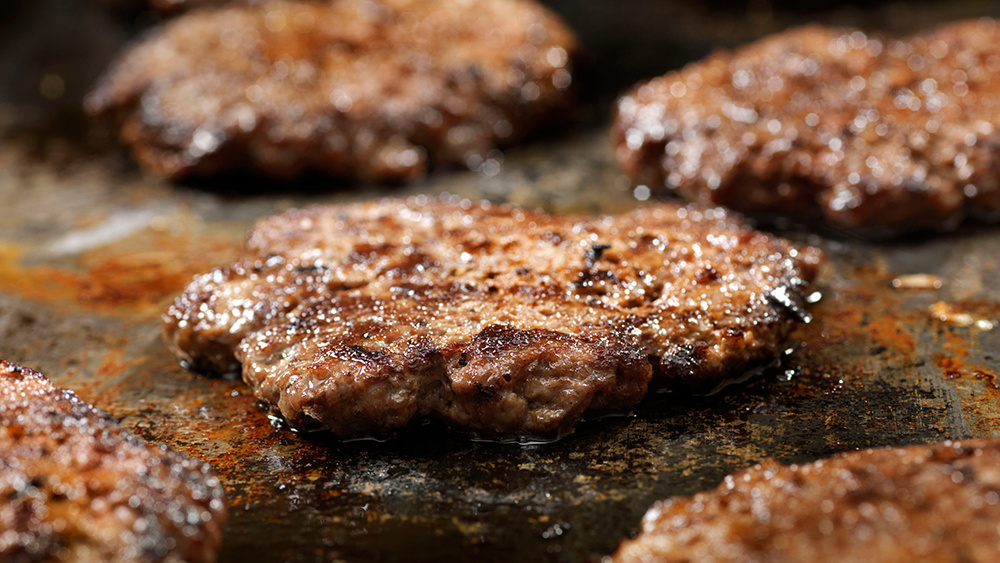Is Natural Really Natural

 Add to favorites
Add to favorites
Coming out of college my first job was working for one of the Big Food companies. I was assigned to the Marketing Department.
Can I just say it? I loved my job! LOVED it.
I loved it so much I enrolled at Northwestern University to take more courses on marketing. I worked all day at marketing and I absorbed more marketing knowledge at night.
I was a sponge for marketing knowledge; everything from packaging to TV ad copy. I was enthralled with the reports on the experiences the customer had with the product. Was the product appealing? Was the packaging colorful and did it attract your attention? What information was on the package that was helpful in making the decision to buy it? I wanted to know more about everything.
I studied. I absorbed. I memorized.
Then I grew up.
So what does that mean?
Well, I started to design Plan Z and got involved in deciphering what the advertising really meant. I learned to read labels. I studied the ingredients list and found out what was healthy and what was not. What the box said on the front was not always a totally truthful indicator of whether what was in the package was good for me. In fact, most stuff that comes in a box or a package is full of all kinds of things that we really should not eat if we want to be truly healthy.
And what they say on the front of the box to entice you to buy it is in fact, just that. An enticement. Sometimes it’s truthful and sometimes it’s just plain manipulative. There is some government scrutiny in relation to what a food manufacturer can say on the packaging, but much of it is pretty vague. The food companies can get away with a lot.
I am not here to blame the ad agency. Their job is to make the product as appealing as possible; within the rules. So they do just that.
The video above is a funny look at the whole packaging issue as it relates to whether what’s in the package is healthful or not. This is put together by the USDA Organic Division. They are trying to “sell you” on eating organic. I support that effort. Much of what I eat is organic but I’ll admit too, that I do buy things that are not organic. I prioritize.
Some folks say eating organic is too expensive.
A comprehensive study came out recently that nails the numbers. The study (published in the prestigious British Medical Journal) found that it costs $550 a year more to eat organic. That might sound like a lot. Break it down by day though, and it’s $1.50 more per day to eat organic. For $1.50 a day, (or the price of what would now be considered a cheap cup of coffee), I can make eating organic an even bigger priority. Can you?
Cheers,

Nothing found.
Smash Burgers
Featured Posts,ZSpecialties,Recipes,ZS-5 Ingredients or Less,ZReboot
Smash burgers are all the rage. Step into a brew pub and you’ll likely find a smash burger on the food menu. These are NOT the huge, 8oz burgers we’ve been fed in the past. These are a thinner burger…
Nothing found.
Who Invented St. Patrick’s Day?
I always knew I was of Irish descent, but I never really knew HOW Irish I was until I got my 23 n Me results back.
Kitchen Hacks for Enjoying Lower Carb Pasta Meals
Enjoy your pasta; just don’t do it too often. Follow hints like this and you’re much less likely to gain weight.




